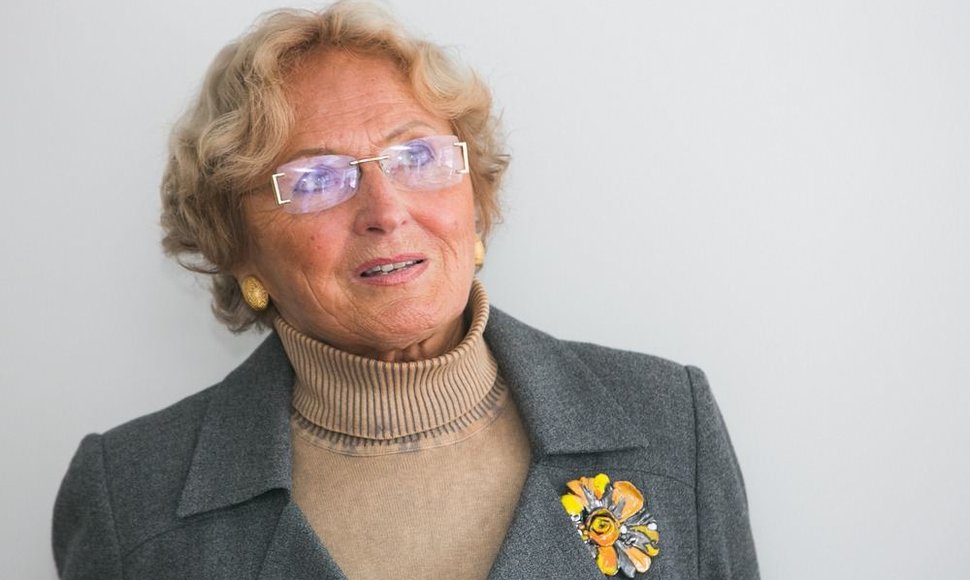She spoke in comment of the interpretation handed down by the Constitutional Court on Wednesday, which said that, without changes to the country's main law, Lithuanians who left the country after the declaration of independence on March 11, 1990, cannot be allowed to have dual citizenship.
In Bandis' words, the LWC will continue to seek legalization of dual citizenship but will "now have to take a different path."
"If this is the only way, we have to take it. Retaining citizenship and dual citizenship are issues of utmost importance to us. (...) If they say that it is banned by the Constitution and that referendum is the only way we could take, we have to revise the Referendum Law," she added.
According to the current phrasing of the law, the Constitutional provision on citizenship can only be changed if it is supported by more than half of eligible voters.
In Bandis' opinion, a referendum where a decision is approved by a simple majority vote of those who come to polling stations would suffice for revision of the above-mentioned provisions.
Earlier on Wednesday, the Constitutional Court ruled that, without amending the Lithuanian Constitution, those who left the country after 1990 and became nationals of another country cannot remain citizens of Lithuania.
The court handed down the ruling in response to the president's inquiry and in the light of the earlier doctrine, which suggested that cases of dual citizenship should be rare exceptions rather than a matter-of-course procedure.
Under the current Citizenship Law, dual citizenship is allowed for those who left Lithuania before March 11, 1990, as well as those who acquired foreign citizenship by birth or marriage. However, those who have dual citizenship from birth have three years to pick one citizenship after they turn 18.












